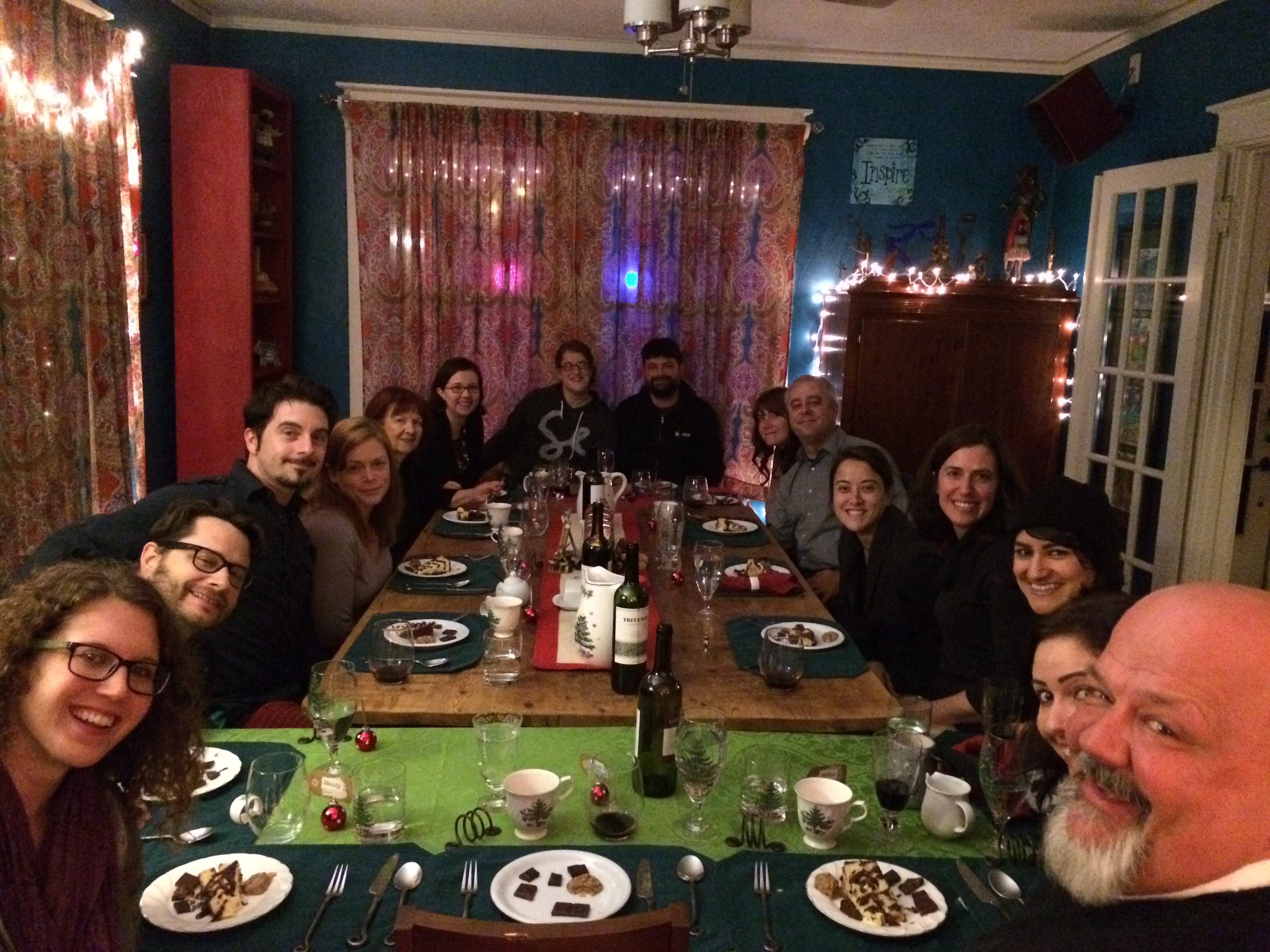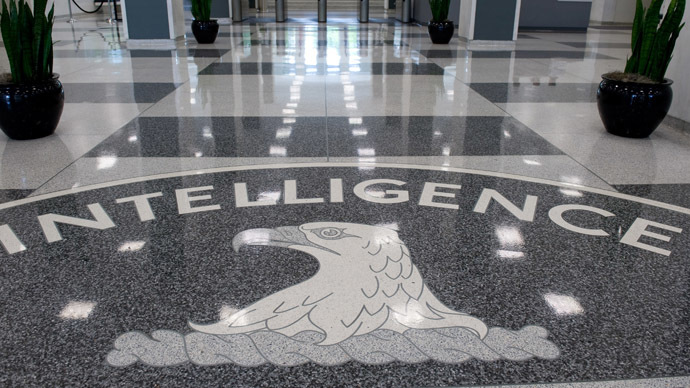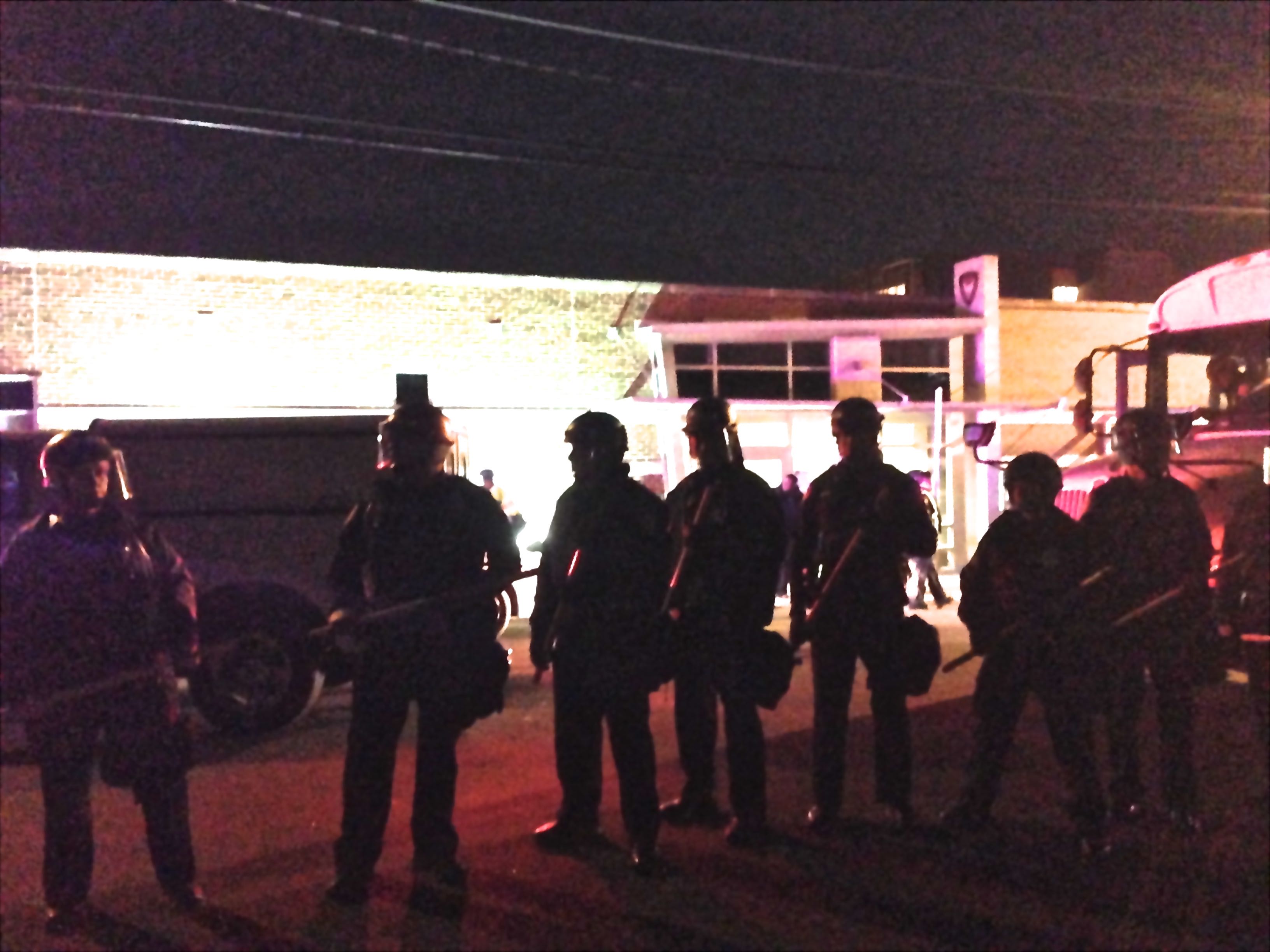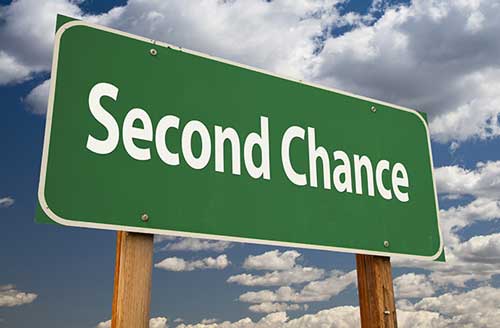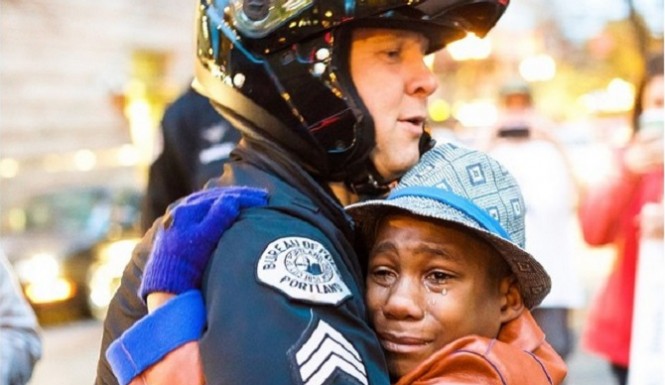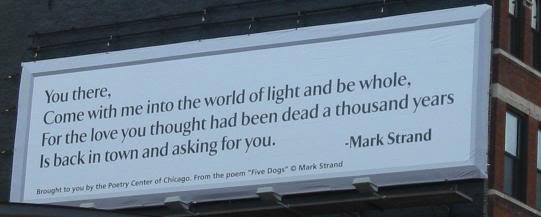On this second Sunday of the Advent season, I read the Hebrew scripture passage as if I were the prophet, which I have done for over twenty years in various congregations, and which has been preceded almost all of those years by my singing the chorus of “Prepare Ye the Way of the Lord” from Godspell. In this year’s lectionary cycle, today’s passage was taken from Isaiah 40 — the very verses that served as the basis for Stephen Schwartz’s lyric:
A voice cries out:
“In the wilderness prepare the way of the Lord,
make straight in the desert a highway for our God.
Every valley shall be lifted up,
and every mountain and hill be made low;
the uneven ground shall become level,
and the rough places a plain.
Then the glory of the Lord shall be revealed,
and all people shall see it together,
for the mouth of the Lord has spoken.” (NRSV)
Ginger began her sermon asking, “What does it mean to prepare the way of the Lord?” And then she invited us into the beginnings of a conversation about what happened in Durham over the weekend specifically alongside of a larger conversation about race in America. She quoted a blogger she had read somewhere in her preparation (and whom she was not able to identify at the time I wrote this) who defined privilege as being able to keep doing what we’re doing when bad things happen.
I am a straight, white, male. If I were only rich I would be four for four on the privilege scale. I have never had anyone follow me around in a store because they expected me to shoplift. I have never been stopped for driving white. I work hard to be inclusive and to be a part of working for a more just and compassionate world. And, for the most part, I get to keep doing what I’m doing. Her definition is powerful to me because she is not necessarily passing judgment. She is stating an important truth.
After my father died, I felt as though I needed to call all of my friends whose fathers had died before mine and say, “I’m sorry. I meant well, but I had no idea this is what it feels like.” One of the hardest things was being in a public space where people were going on with their lives as though nothing had happened. My father was dead. Yet, in their world, nothing had happened. They got to keep on doing what they were doing. While my father was alive, I lived in a state of privilege, if you will, even though I didn’t realize it.
As I listened to Ginger preach, I wrote down these words: “If we are to step out of our privilege we must embrace the grief of the world as our own. We must find a way let their grief enter our world.” My sentence didn’t answer Ginger’s question; it only added to it. How do we prepare the way of the Lord? How do we enter another’s grief?
I don’t think we can break through our privilege voluntarily, or by ourselves. I can’t just decide I’m going to be less privileged. I need something that disrupts my world view, that breaks into my life. I need a visceral experience of grief that breaks through and lets me connect to a wider world.
Though I have been a part of a number of protests, I would not call myself an activist. I am not well versed in the philosophy and logistics of how to pull off a demonstration, or why protesters do what they do sometimes. In many cities, people have blocked streets and highways, or impeded access to public venues, an approach I didn’t understand until this morning. Perhaps I should say I have come to an understanding of it. The road blockages cause the comings and goings of those on the highway to be disrupted. They can’t keep doing what they are doing. The disquietude in their day is an invitation to see beyond the inconvenience, to realize they can’t just keep on, that being human requires more of them than simply driving by.
I will admit I understand the metaphor better than I do the actual blocking of the highways. That said, I am grateful for those who risk going overboard to call me out into the grief of my world. One of the powerful implications of the Incarnation is that God did something God had never done before in experiencing what it felt like to be human, which meant leaving the privilege behind. Emmanuel: God with us.
And God was never the same after that.
Look back at the verses from Isaiah:
prepare the way of the Lord:
make the ground level
smooth out the rough spots
exalt the low places
knock down the high ones
and the glory of God will be revealed.
I’m pretty sure that means God expects more of us than a couple of carols and a pageant when it comes to living out the implications of the Incarnation in our lives, even more than a well-intentioned blog post, perhaps. Preparing the way — making the ground level — means knocking the pile of privilege on which I stand out from under myself, which I can’t do alone. Preparing the way means talking about this stuff out loud and on purpose and way beyond when it becomes uncomfortable.
But this post isn’t about trying to say I know what we need to do next. What I wanted to say was, “I’m sorry. I meant well, but I had no idea this is what it feels like.”
Peace,
Milton
